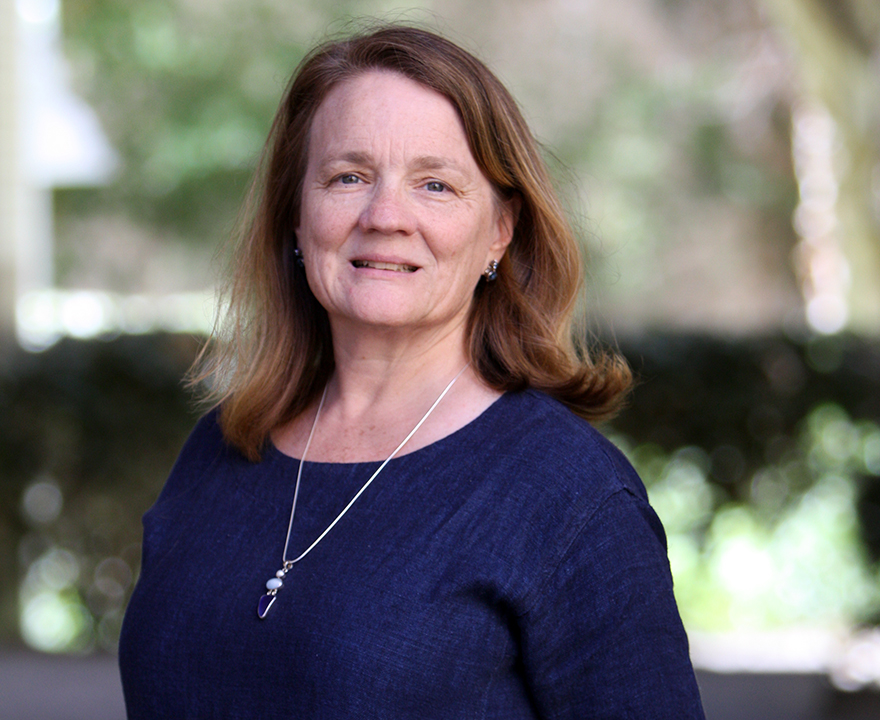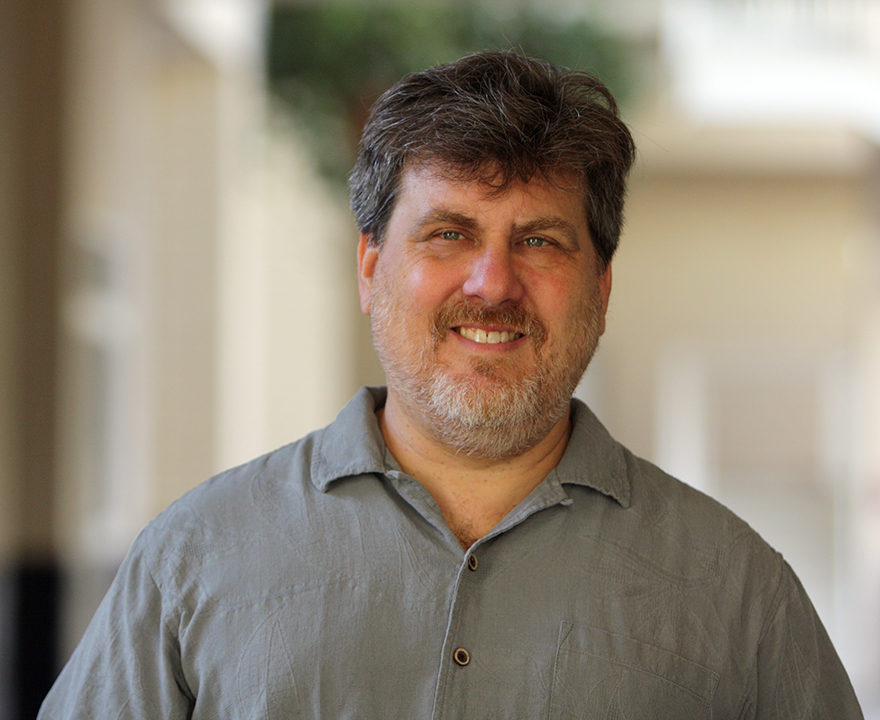Removing barriers, expanding reach

Removing barriers, expanding reach
- September 30, 2021
- UCI social scientists receive more than $500,000 from National Science Foundation to “build and broaden” research, opportunities among minority-serving institutions
-----
A multicampus grant writing training program and a STEM-focused partnership to study brain responses in decision making – both aimed at elevating minority faculty and student research - are two new University of California, Irvine initiatives to receive National Science Foundation Build and Broaden Program funding. The program supports research, training opportunities and research infrastructure building activities at minority-serving institutions.
"These grants reflect how UCI is at the forefront of propelling social and behavioral science through an intentional strategy of growing inclusion and diversity,” says Bill Maurer, social sciences dean. “We truly are leading the way."
Since 2017, UCI has been designated as both a federally recognized Hispanic-Serving Institution (HSI) and Asian American and Native American Pacific Islander-Serving Institution (AANAPISI) with campus enrollments of at least one-quarter Latinx, and at least 10 percent Asian American and Native American Pacific Islander, students, respectively.
 Removing barriers to build research success among faculty at minority-serving institutions
Removing barriers to build research success among faculty at minority-serving institutions
The first program, led by Holly Hapke, Ph.D., UCI social sciences research development director, aims to identify and address barriers to grant proposal development and submissions by roughly 4,500 social sciences faculty across 28 minority-serving public universities in California.
“Social science participation in extramurally funded research is historically low at minority-serving institutions,” says Hapke. "A number of factors discourage faculty at MSIs from developing robust extramural funding portfolios. Apart from individual-level barriers related to confidence and skill, lack of institutional infrastructure and support, incongruent tenure and promotion expectations, and potential biases in the review process stand out."
With a $796,858 grant from NSF - $203,155 directly to UCI - Hapke and project leads at UC Santa Barbara, California State University Channel Islands (CSUCI), and the Chancellor’s Office of the California State University are working to remove these obstacles and expand research opportunities. They’ve established the California Alliance for Hispanic-Serving Social Science Advancement (CAHSSA) through which they’ll implement and evaluate grant proposal writing webinars, writing groups, and writing retreats; lead train-the-trainer workshops and social science leader seminars; and conduct content analysis of proposal reviews to analyze how social science research is constructed and practiced across institutional types.
“Our comparative analysis of NSF reviewer comments on social science proposals from faculty at HSIs and non-HSIs may also help uncover and eliminate biases that may exist,” says Hapke, the result of which would help open up more opportunities for “innovative and collaborative Hispanic-serving social science research projects and proposals.”
Their efforts will reach more than 4,500 social scientists across the Cal States and UCs.
Funding for this work begins in October and runs through September 2024.
Expanding STEM-focused social sciences research across minority-serving institutions
 Cognitive scientists Ramesh Srinivasan and Jeffrey Rouder are leveraging their STEM-focused
research expertise through the second NSF-funded project, a collaboration with California
State University San Bernardino-Palm Desert Campus (PDC) where more than 80 percent
of students identify as Latinx.
Cognitive scientists Ramesh Srinivasan and Jeffrey Rouder are leveraging their STEM-focused
research expertise through the second NSF-funded project, a collaboration with California
State University San Bernardino-Palm Desert Campus (PDC) where more than 80 percent
of students identify as Latinx.
The professors from UCI’s Department of Cognitive Sciences - ranked among the nation’s top programs for cognitive neuroscience – specialize in using EEG and models of behavior to understand brain functions involved in human perception and decision making.
With a $650,469 grant - $356,875 to UCI - they’re working together with Pablo Gomez, psychology associate professor at PDC, to enhance STEM opportunities for underserved students at PDC.
 Planned work includes developing new science content for PDC courses; launching “NeuroScienceFest”
one-day activities at PDC; developing a novel three-week summer school at UCI for
PDC students in STEM skills (experimental design, math skills, computer programming,
data analytics); internships for PDC students at UCI; and opportunities for students
to work in PDC research labs with bimonthly support from UCI graduate students and
faculty on experimental technologies and methods used to study perceptual decision-making.
Planned work includes developing new science content for PDC courses; launching “NeuroScienceFest”
one-day activities at PDC; developing a novel three-week summer school at UCI for
PDC students in STEM skills (experimental design, math skills, computer programming,
data analytics); internships for PDC students at UCI; and opportunities for students
to work in PDC research labs with bimonthly support from UCI graduate students and
faculty on experimental technologies and methods used to study perceptual decision-making.
“The short-term goal is to provide an opportunity for PDC students to gain STEM skills by contributing to active state-of-the art research in cognitive neuroscience,” says Srinivasan. “One longer-term goal is to help them discover new future research opportunities and directions at R1 universities like UCI and develop career goals in STEM fields.”
The other long-term goal of the project is to develop the research training capability in cognitive neuroscience at PDC with a unique focus on tactile perception.
“The partnership also provides opportunities for UCI graduate students to develop teaching skills for students who were exposed to varying STEM opportunities in primary school.” says Rouder.
Funding for this work began in September and runs through August 2024.
Learn more about the UCI and other projects supported by NSF’s $12 million investment to build and broaden research and opportunities at minority-serving institutions: https://www.nsf.gov/news/special_reports/announcements/091421.jsp
Pictured top to bottom: NSF Build and Broaden, courtesy of NSF. Holly Hapke. Ramesh Srinivasan. Jeffrey Rouder.
-----
Would you like to get more involved with the social sciences? Email us at communications@socsci.uci.edu to connect.
Share on:
Related News Items
- Careet RightDickson receives grant to apply computational cognitive models to language acquisition
- Careet RightWhy federally funded social science research matters: How we make decisions in hybrid teams
- Careet RightRouder receives Psychonomic Society paper award
- Careet RightWriting for researchers
- Careet RightWhat is ESP?


